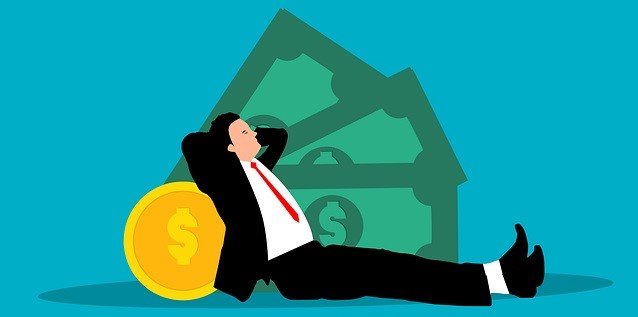So, You’re Retired Now What next?
As someone who has been self-employed for more than two decades, I always get a chuckle when I overhear people talk about their upcoming retirement:
“I just can’t wait. I’m going to golf everyday!” No, you’re not.
I’ll finally get a chance to do all those things around the house I’ve been putting off for years!” Yes, you certainly will. Then, what about your second year of retirement?
I am going to just plop myself down on a sandy beach and catch up on my reading.” That sounds fun, for a couple of weeks – maybe.
Visions of retirement most often sound like day-dreaming – life in warmer climes where my aches and pains are not so bad, the golf course circuit, travelling the world. A nice dream-state but, it may be unsustainable for many people in their retired years, unless they have done some planning.
Now, don’t think this article is about the financial side of retirement (there are more qualified individuals writing in this newsletter for that). What I am talking about is your overall mental well-being. The motivation and purpose that drives you forward.
For your working life, that purpose has, in many respects, been set by your employer. Inside of their structured environment, you developed the necessary motivation and professional objectives to keep you engaged.
In retirement you’re going to have to fill upwards of the 40 hours every week that you had invested in your job. And for up to 25, maybe more depending on your role. That is about 5,000 hours – and a lot of golf.
A more powerful way to think through your approaching retirement is figuring out what you want to accomplish in this next chapter, and potentially most exciting phase of your life. Deeper relationships with your family and friends? Maybe that calls for some travel and group activities. Improve your golf game? You’ll need a club membership, some partners, and hitting the course a couple of times per week. Pursue that business idea you’ve parked on the back burner for the past several years? Educate yourself as to how to build a successful venture. Giving back to the community? Develop a weekly schedule of volunteering hours at a few places you want to help out at.
The list can go on. But herein lies the challenge – and what I might say – is the opportunity.
Here’s an approach you can use. You’ve got 100 hours per week of what I refer to as “programmable time” to fill. That’s what’s left from your 168-hour week after your sleeping, daily hygiene habits, eating are completed. One hundred hours, week in and week out. That’s a lot of time to program in things that are important to you.
You’re already spending those 100 hours every week doing a bunch of things – and the biggest time allotment is that 40 hours weekly for your job. That one you’re retiring from shortly. So, think through what you are currently doing in those other 60 hours per week. Do you still want to do those things? Will you still need to? Some things will go away with your retirement – that 90-minute daily commute melts away and frees up 7.5 extra hours per week. So, retirement is really going to provide you 47.5 hours weekly to reprogram.
And if your job currently stresses you out and you flop down on the couch for three hours nightly just to let go of the job – while that might be trimmed down significantly in retirement. Maybe that adds another 10 to 15 hours of programmable time to your week.
The sooner you do the analysis of your current baseline (pre-retirement) and then plan out what stays, what goes, and what you want to add to the mix, the sooner you’ll be on the way to an intentional post-retirement headspace where you can really invest your time meaningfully in those activities that feed your overall purpose.
Here’s what I know from 20 years of self-employment: 100 programmable hours per week is a lot of time. And by being deliberate in how you choose to invest that time, you can accomplish a great deal. You can improve your golf game, fix up the house, build a viable business, give back to your community, travel the world, and spend quality time with the people you love.
If you plan for it, retirement can be the most productive, purposeful chapter of your life. You truly can “do it all.”
Of course, it helps to have a plan. An excellent starting point is with the 100-Hour exercise outlined above; it is one of the key exercises that members of a group called the Free Agent Collective use regularly to help them think through their own long-term personal goals. Go ahead, try it.

